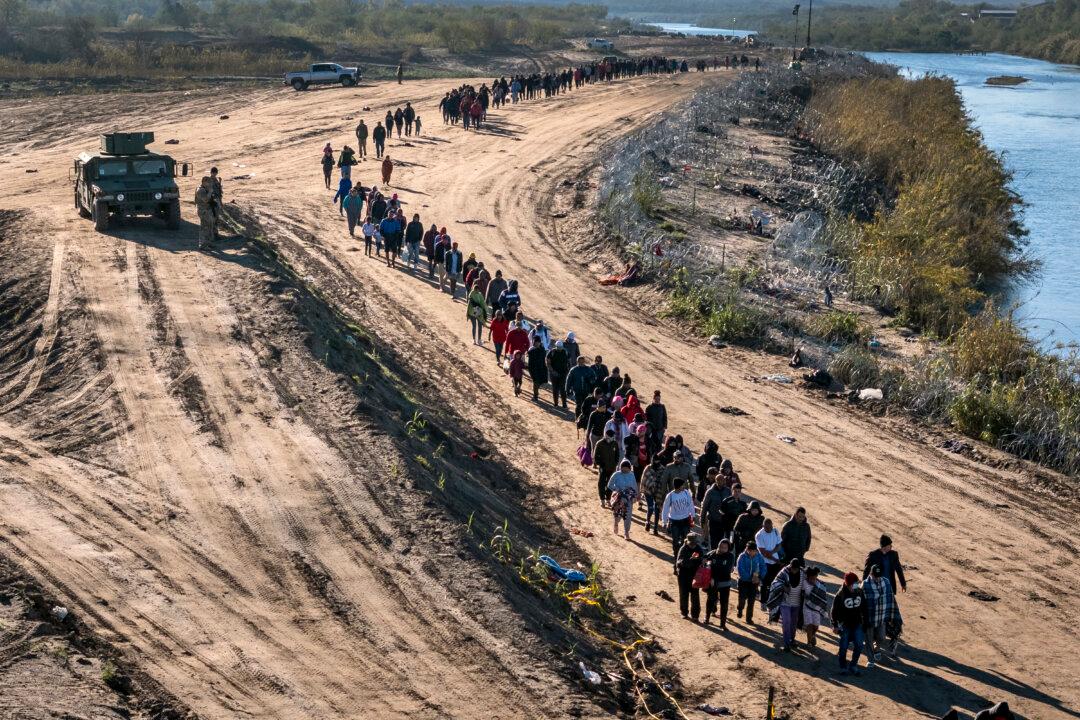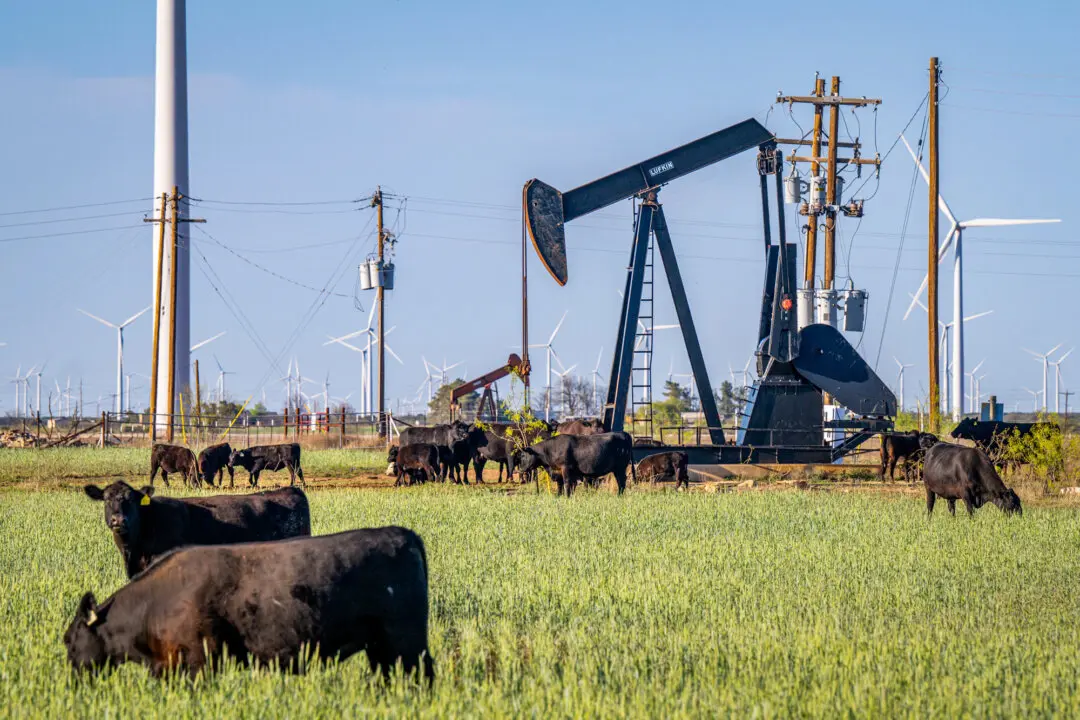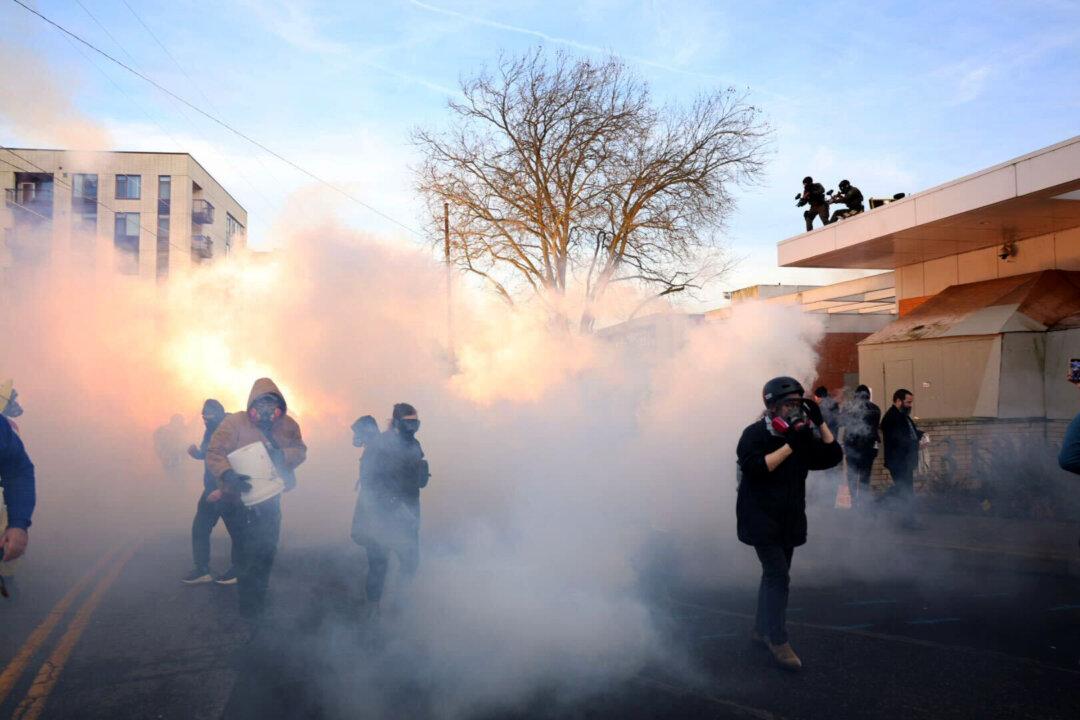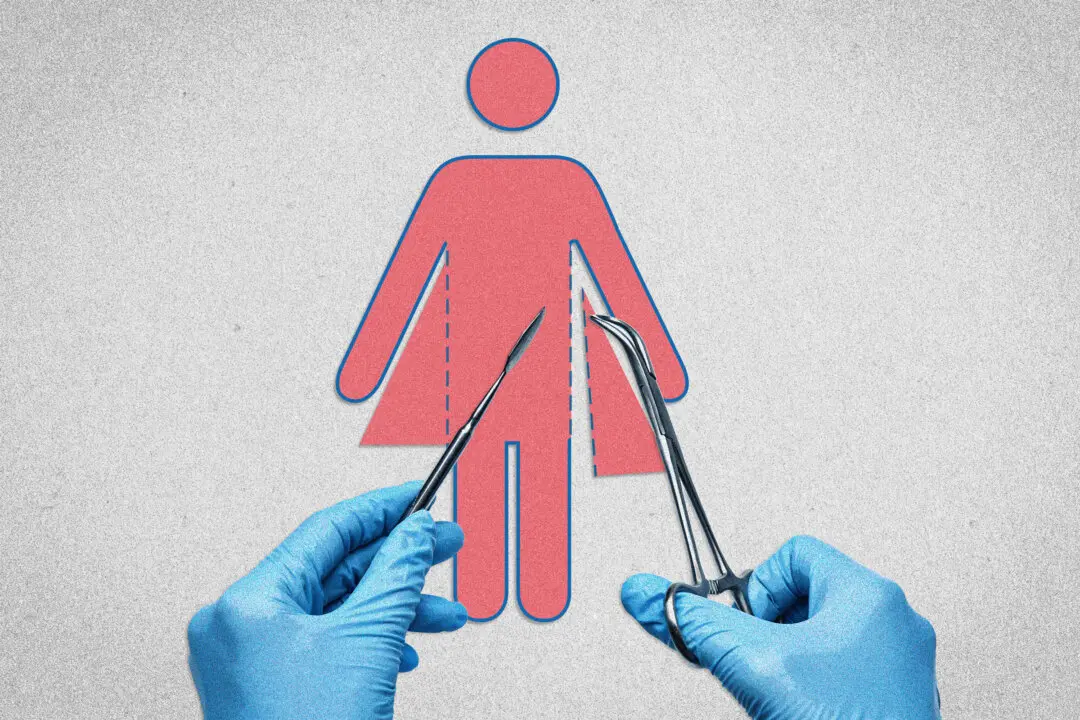The U.S. Supreme Court has extended a temporary freeze barring Texas from enforcing a new law that allows state police to arrest immigrants suspected of crossing the U.S.–Mexico border illegally.
Justice Samuel Alito, who oversees the federal circuit handling the case, on March 18, extended an administrative stay on Texas Senate Bill 4 that was initially issued on March 4 and then extended on March 12 to allow the court time to review the case. The stay was extended “pending further order” of the court, according to the order.





